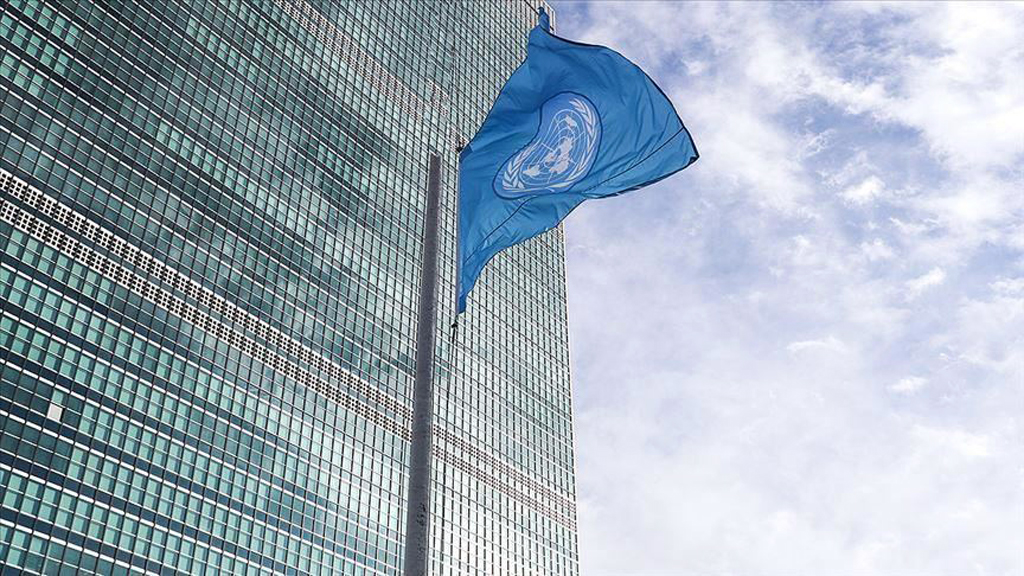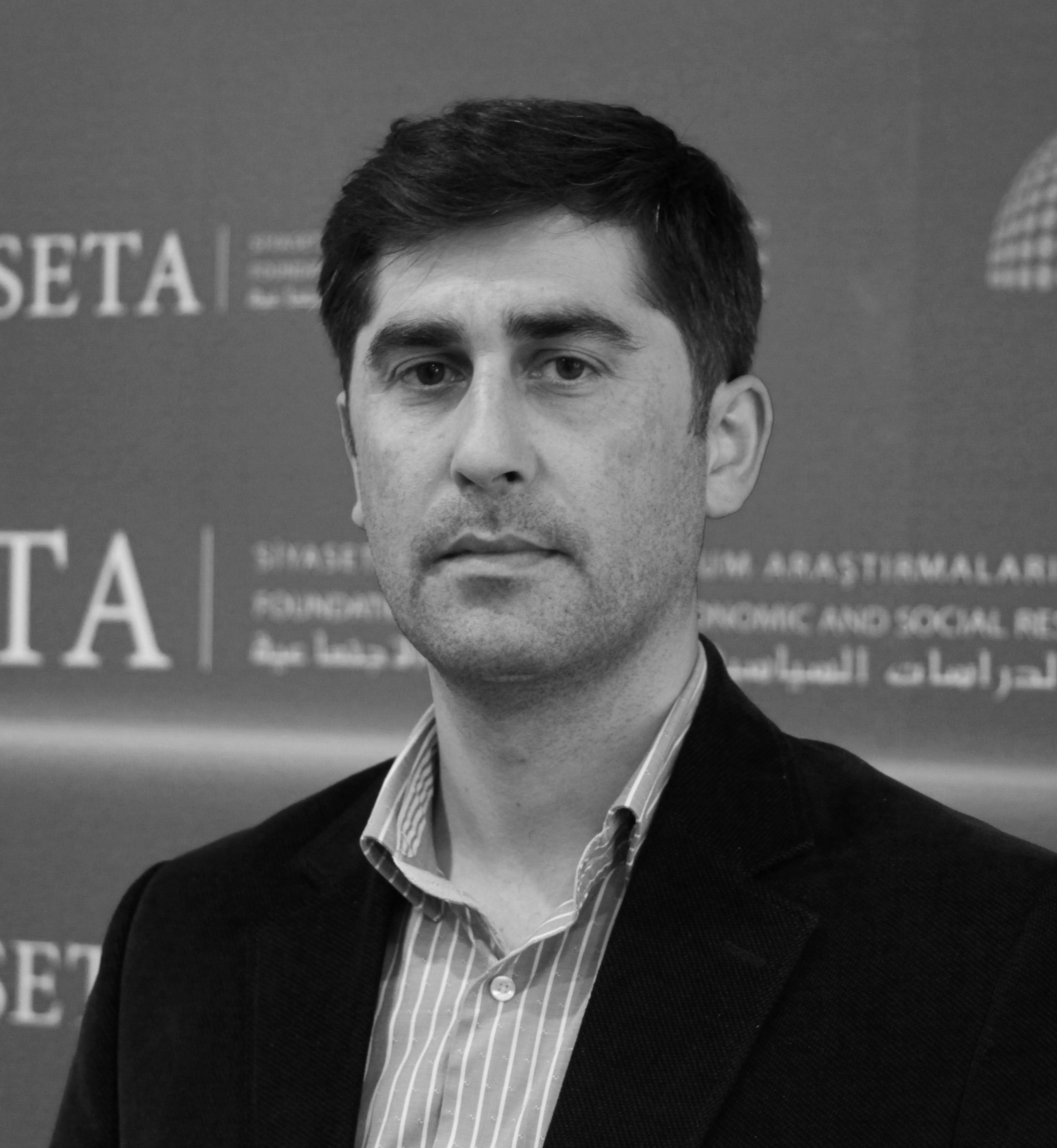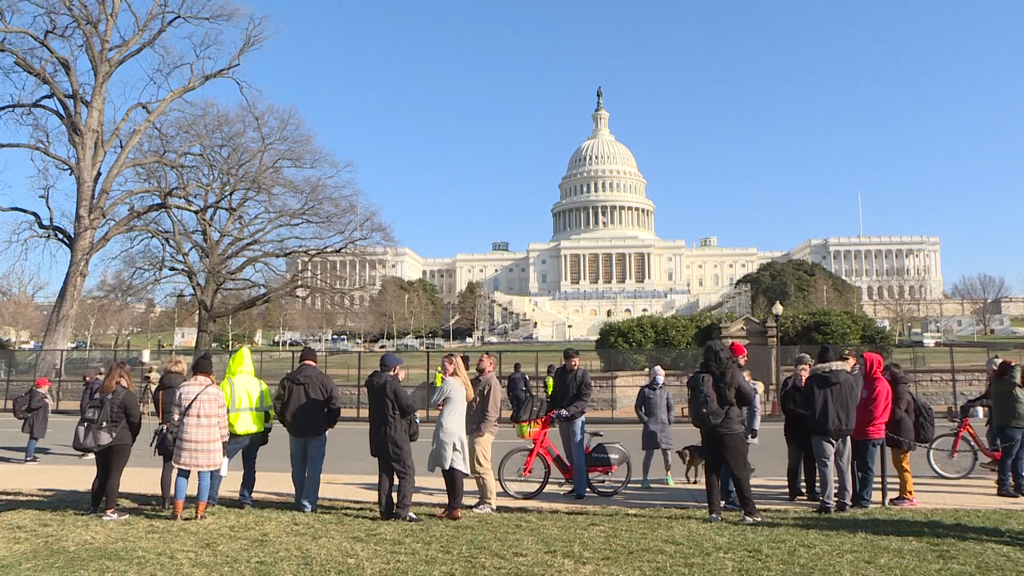
Reforming the UN in the era of great power competition
In a world marked by escalating global power struggles and growing uncertainty, the United Nations, as the foremost international organization, will once again take center stage at the upcoming General Assembly. Unsurprisingly, Russian President Vladimir Putin and Chinese President Xi Jinping will abstain from attending, as has been their custom during the annual New York gathering each September.
Share
In a world marked by escalating global power struggles and growing uncertainty, the United Nations, as the foremost international organization, will once again take center stage at the upcoming General Assembly. Unsurprisingly, Russian President Vladimir Putin and Chinese President Xi Jinping will abstain from attending, as has been their custom during the annual New York gathering each September.
Recent weeks have vividly illustrated how geopolitical competition between countries unfolds through international and regional institutions. Russia’s hosting of the Russia-Africa summit in Moscow aimed to forge new alliances amid the ongoing, unjust war in which it stands isolated. Conversely, China sent a strong message to the United States by extending invitations to new member countries to join BRICS (Brazil, Russia, India, China and South Africa). The recent G-20 summit witnessed India launching a strategic corridor project with support from the U.S. and Europe, known as the India-Arab-Europe Corridor (IMEC), as a counter to China’s Silk Road initiative.
As we approach the U.N. General Assembly, influential global players have meticulously executed their strategic moves, with their leaders now preparing to convey diplomatic messages on the world stage. The U.N. will strive to uphold its traditional mission amid the shadow of geopolitical maneuvering and competition. However, given its current structure, it faces significant challenges in doing so. The U.N. finds itself ensnared in a profound crisis characterized by issues of legitimacy, ineffectiveness and a lack of accountability.
Founded shortly after World War II, the U.N. initially advocated an approach that drew lessons from the past. It linked the principle of collective security to global stability, aiming to establish world peace by minimizing conflicts and establishing a system emphasizing equilibrium among the victors. The veto power granted to the Security Council ostensibly aimed to prevent global conflicts, protect victims from aggressors and facilitate the maintenance of peace through preventive measures. However, global justice remained elusive for the U.N. In reality, the veto power bestowed upon the Security Council’s permanent members transformed into a mechanism that prioritized the interests of the “big five” over justice, efficiency and peaceful conflict resolution.
During the Cold War, the U.N. operated to safeguard the strategic interests of the five permanent members of the global order. While they avoided confrontation, they often favored the strong at the expense of the weak as long as it suited their interests. The U.N.’s legal framework during this period accommodated policies such as Israel’s occupation of Palestine, U.S. support for counter-guerrilla efforts in Latin America, the Vietnam War, and numerous other examples that were framed as stabilizing the so-called larger international system.
Following the Cold War’s end, the U.N. assumed a more prominent role in global governance, but it failed to evolve in tandem with the shifting international landscape. In the U.S.-led global order, the U.N. gradually transitioned from a strategic institution to a tactical “apparatus.” While it played a prominent role in humanitarian interventions, it proved ineffective in curbing ethnic cleansing in the Balkans and Africa. The fact that NATO, rather than the U.N., intervened in Kosovo to prevent larger-scale massacres underscored the dysfunctionality of the U.N.’s veto system.
Tags »
Related Articles






